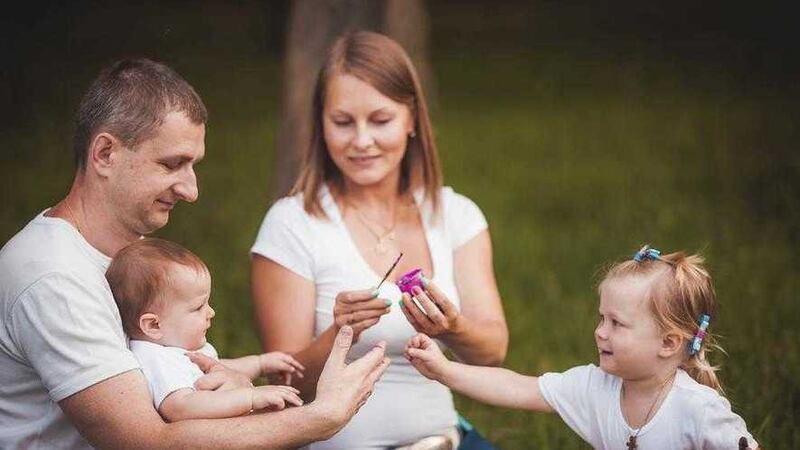MORE than 100,000 families in Northern Ireland will benefit from the decision to scrap tax credit changes.
Around 121,000 households would have lost an average of £918 a year, a Department for Social Development document said.
Stormont finance minister Arlene Foster said the spending review announcement will represent a 5.3 per cent real terms reduction in the budget for day to day services in Northern Ireland.
She added: "Northern Ireland's budget has benefited from the decision to protect health and education in England which shields our budget, through the Barnett formula, from the worst cuts.
"However, if we want to protect health and education services in Northern Ireland, the Executive will face hard decisions as that protection will impact on other departmental budgets."
The budget to run public services will remain broadly flat in cash terms from £9.7 billion in 2016-17 to £9.9 billion in 2019-20.
As a result of the chancellor's announcement on the High Speed 2 rail line, Northern Ireland will receive additional money.
The basic state pension will rise by £3.35 to £119.30 a week.
The capital building budget which will rise by 12.4 per cent in real terms from £1 billion this year to over £1.2 billion in 2020-21. This will provide more than £600 million extra for capital across that period.
Ann McGregor, chief executive of Northern Ireland Chamber of Commerce and Industry (NI Chamber), said: "We are delighted that the chancellor has used this opportunity to listen to business on infrastructure and that Northern Ireland will receive more money to be spent on infrastructure projects as part of today's announcement.
"Infrastructure is one of the biggest issues raised by NI Chamber members, who believe that Northern Ireland's infrastructure is suboptimal.
"There is a lack of delivery of key projects (eg: North/South interconnector and the A5) and our road networks are not well maintained."
Funding available for infrastructure investment via the block grant through to 2020-21 will rise by 12 per cent in real terms, meaning over £600 million more than if it had been held at 2015-16 levels, the British government said.
Secretary of State Theresa Villiers said the Spending Review confirms up to an additional £500 million spending power for the executive to support the full implementation of the Stormont House Agreement.
The executive's block grant will be over £11 billion by 2019-20.
Other measures confirmed included:
:: The £7 million Regional Air Connectivity Fund will support new air routes, including from Belfast to Carlisle and from Derry to Dublin
:: Additional support of £160 million for the PSNI to combat the threat from dissident terrorism.
Ms Villiers said last week's Fresh Start Agreement will help to put the north's devolved institutions on a more secure and stable footing, and give the ministerial executive a workable and sustainable budget.
She added: "Today's announcements, for example the increase in capital funding to support important improvements to infrastructure, will provide a further significant boost to that fresh start and help us deliver a brighter, more secure future for all the people of Northern Ireland."








